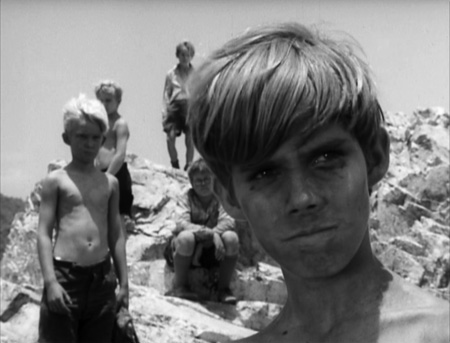Almost everything I have accomplished during my Peace Corps
service has been just a baby step in development: asking village children to
draw their dreams and desires in crayon, funding middle school girls through
another year of school, explaining contraceptives to the adult third of my
village, demonstrating simple organic solutions to people’s pest problems in
their fields and gardens, planting some fruit trees, and crossing all sorts of
gender barriers by being my (independent, very American, touch feminist) self.
My work is in the realm of micro-development. I’m not out to
change the world single-handedly, but I am here to make a difference. However
small-scale and localized my work may be, the hope is that something larger
will grow from it all.
The Senegalese proverb says “Slowly slowly to catch a
monkey.” The message rings true for many Peace Corps volunteers; we aren’t here
for very long and hardly have a handle on the language and culture when we
arrive, but our work builds on each other. After hundreds of baby steps, things
are just starting to come together and really change Senegal. One place I’ve
seen the baby steps add up is in our village’s school library.
The US Embassy and several other individuals have donated
books to Goundaga’s primary school, from which the school director and I have
formed a small library. While initially getting the kids to read was a painful
process, our reading club is starting off. In fact, the reading club is no
longer official anymore since so many kids want to read every day and not just
at cub sessions. While the following no longer includes all the students in the
top three grades, the following that has developed naturally is eager to read
anything they can get their hands on and our picking out more challenging
books, chapter books, all by themselves. As tedious as listening to ten
renditions of Snow White in French ten times over can be, it’s truly
heartwarming to have children knocking on my door to see if I don’t have
something else for them to read, or picking out the long science books with big
words because they want to learn and ask questions, about photosynthesis or
meteor showers perhaps.
As if to symbolize the proverb, yesterday walking back from
a morning at the school library, I heard shouting and sawing half the village
running towards my host family’s compound. I caught up with some women gathered
outside the fence of the compound, peering in. Apparently, a big monkey had
come dashing out of the forest into the village, where it was chased across
village (only 150m wide, maybe), it climbed into my backyard, then scurried
across the compound and took refuge in my host father’s hut., where it was
hiding from the mob of children (armed with sticks). My host uncle was trying
to keep them at bay (with a stick of his own)and had shut the monkey into the
hut so the children couldn’t get at it. They mob children were all screaming,
dancing, clapping; some would try to sneak around the back of the hut only to
be driven away by Ba Samba. Some other kids went to inform Demba of the
unexpected visitor in his hut.
When Demba arrived at the compound, he also refused to open
up the hut and tried to chase the children out of the compound. The compound
was overflowing with the crazed kids looking to kill (which the adults didn’t
mind so much) and eat the monkey (which, according to the elders, was
un-Islamic and a little too close species was, according to me). The village
only has a population of around 400 and a good two thirds are children; at
least half of those children were waiting for the monkey. This was a standoff.
After an hour or so of waiting, most kids had gotten bored
and given up, or at least wandered over to the neighbors to hang out there.
Demba finally decided to let the monkey go free. Sadly, the monkey wasn’t very
bright and instead of running left, hopping over the fence, and scurrying
across the cotton field into the forest, it chose to go right. It landed on the
other side of the fence in our neighbor’s compound. A shout rang out and soon
all the kids had remobilized from seemly nowhere, stampeded across the compound
and after the monkey.
Speaking of school books, the image of the stick wielding,
barefoot children giving chase instantly brought to mind the last scene of The Lord of the Flies: the shouting, the
hunt, the group frenzy electrifying the air. Different ending, though: no
savior for this ape. The kids cornered it, beat it to death with their sticks,
and then started the cooking fire. O, and this all went down in amount two
minute; so who knows where that proverb came from.


